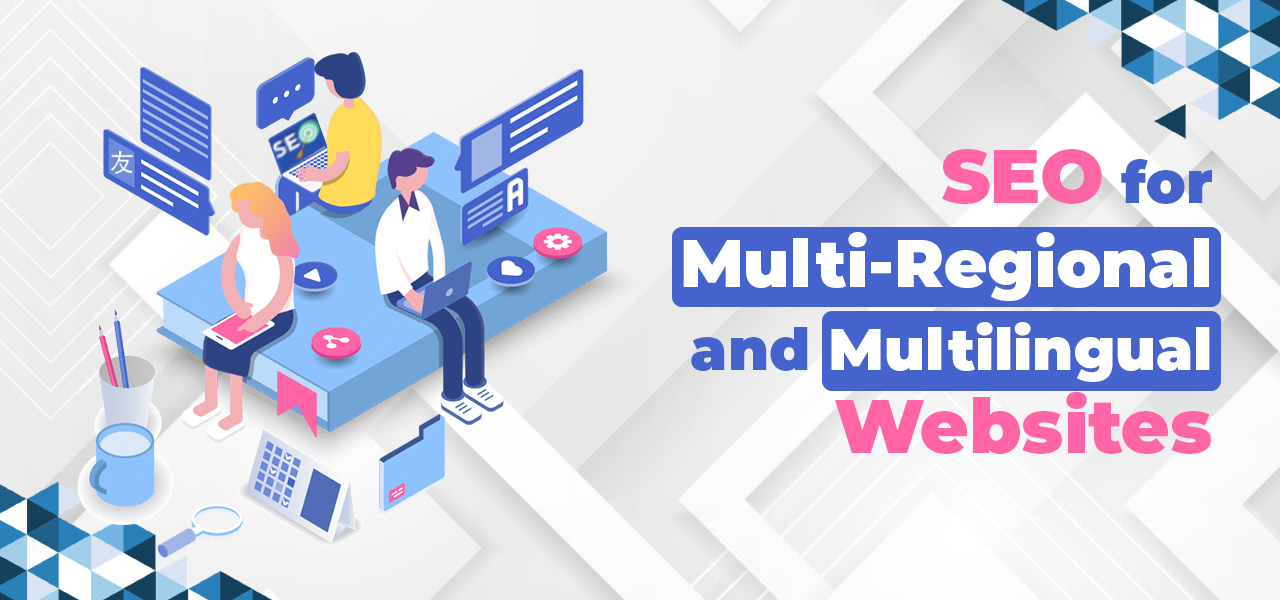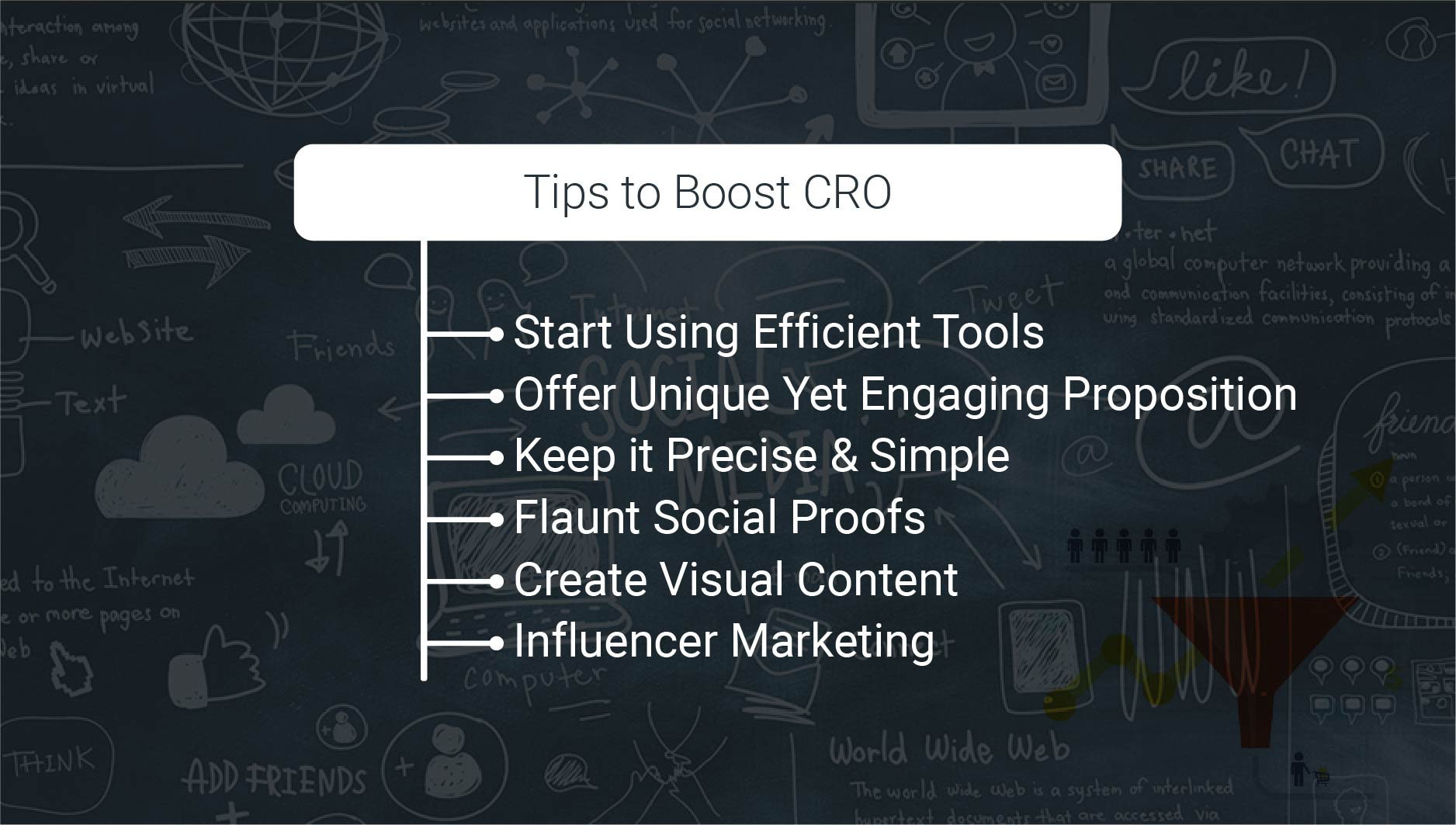- milkyway
- 13 Sep 2022
- 28,102
A multi-regional website has different kinds of versions that are explicitly made for targeting people in various countries and a multilingual website is a site that provides its content in more than one language. So similarly, multi-regional SEO is the practice of making optimized web content made to specifically target various geographical areas while multilingual SEO is the best practice of creating optimized website content in a wide variety of languages. These two strategies involve whole new aspects and strategies of digital marketing, PPC, and content because they often overlap due to relations between languages and geographies.
Great Multi-regional and Multilingual SEO Strategy
Firstly, you should check out the exact regions that you want to target. Then you should decide which languages to provide to these regions. Some regions may need more than one language. These are the most critical steps because the project will depend on these decisions.
URL Structure and Domain
After determining the regions and languages you want to target, you are required to formulate a strategy for your domain and URL structure. One of the major challenges of multilingual sites is the possibility of duplicate content. If the duplicate content shows within many URLs, it can de-index pages and even lead to lowered rankings. To avoid such the same content penalties, search engines suggest that we use geo-targeting indicators/dedicated language within our URLs to make it easier for them to understand that information. When it comes to URL structures, you have some options to choose from.
Importance of Server Location
Server location used to be a big deal when it comes to search engine optimization. Up to a certain point, search engines used the server’s location to determine the geotargeting information and data of a website. However, it is not the case anymore. Hosting servers have expanded their business across the countries from where they originated. Modern hosting giants in the industry have servers across various countries, and website owners do not have the option to ask for various server locations. This caused Google to give less importance to the location of servers for your SEO. It is not considered an important factor any more.
Hreflang Annotation
The Hreflang annotation is commonly used to help search engines to understand which URLs should be sent to which users based on location data and language. It is very useful when you have various versions of the content in multiple languages, and can also use them separately to target separate locations, letting visitors consume your web content in their preferred language. It can be helpful to eCommerce stores operating in different countries. Using such tags, the site presents the prices of the listed products to the users in their currencies.
Shared Database in CMS
A content management system allows you to configure your site with various domains or subdomains using the same database. This way, when you update an essential feature on a page you do so for all the versions of the website. Using a CMS makes the job of multi-regional and multilingual website SEO significantly easier. Most of the leading CMS platforms such as Drupal, WordPress, Magento, Laravel, etc. have inbuilt support for websites that need a multilingual SEO structure.
Translate Content
You should translate your web content into the languages that you have chosen to target. While tools like Google Translator and other automatic translators tools have seen upgrades over the recent years, they are still good as genuine human translators. Some time ago, these tools were able to create content that can be used for marketing. it does not make sense to use them for your website. They are rarely accurate and can cause damage to your website’s user experience.
Conclusion
Implementing a successful multilingual and multi-regional SEO strategy is a difficult task for SEO agencies. Creating Multilingual and Multi-regional Websites that offer a positive user experience not only directly impacts your website conversions but also helps tremendously when it comes to the SERP performance of your website. The more people spend time on your website, the more likely Google is to rank your site much higher on their search results page. And achieving this is the main purpose of SEO.










